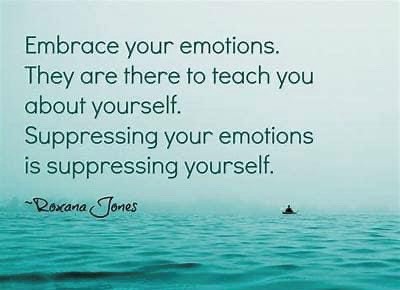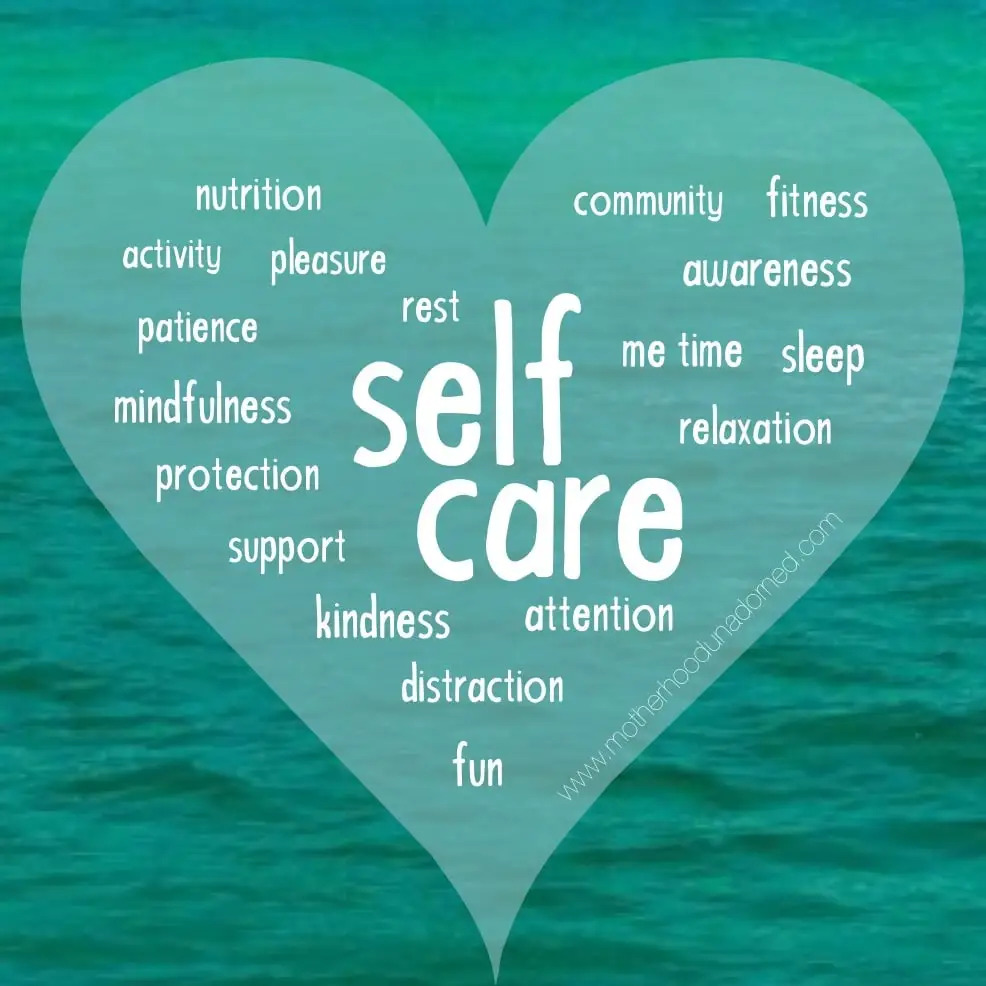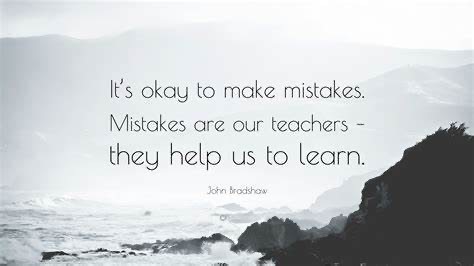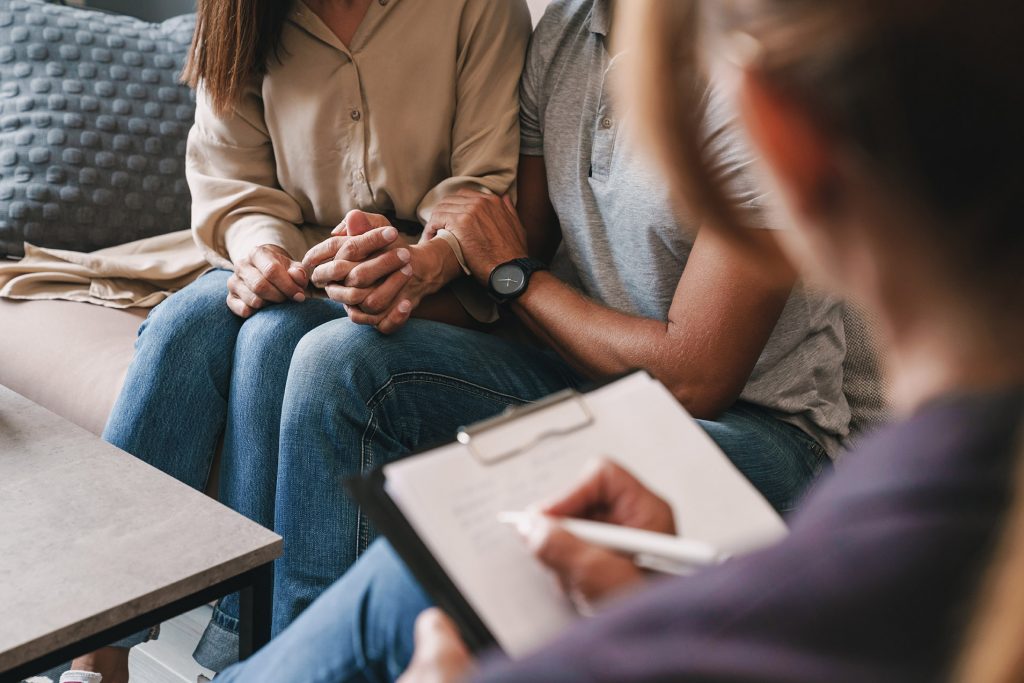
Embracing Mistakes: The Path to Mental Health, Learning, and Growth
In a world that often praises perfection and success, we tend to overlook the value that mistakes hold in shaping our lives positively. Embracing mistakes is crucial for our mental health, ability to learn, and overall personal growth. These errors, though initially uncomfortable, can become stepping stones to self-improvement and fulfillment.
The Learning Process –
Mistakes are an integral part of the learning process. When we stumble and err, we’re presented with valuable opportunities to absorb new information and improve our skills. In fact, research has shown that our brains form stronger connections and retain knowledge better when we learn from our mistakes. By making errors, we recognize gaps in our understanding, and this awareness fuels a desire to seek knowledge and develop ourselves further.
Building Resilience –
Mistakes often challenge us emotionally. They may evoke feelings of frustration, disappointment, or even shame. However, by acknowledging and accepting these emotions, we build emotional resilience. Learning to cope with failures allows us to develop a sense of self-compassion, understanding that it’s perfectly normal to falter. With resilience, we become better equipped to handle life’s inevitable hurdles and bounce back stronger.
Embracing Growth Mindset –
The concept of a growth mindset, as coined by psychologist Carol Dweck, highlights the belief that our abilities and intelligence can be developed with effort, learning, and perseverance. Embracing mistakes is a cornerstone of the growth mindset. When we see errors as opportunities to learn and grow, we foster a positive attitude towards challenges. Instead of fearing failure, we welcome it as an essential aspect of the journey towards improvement.
Redefining Success –
Society often defines success in terms of achievements and victories, but this can be a narrow view. By embracing mistakes, we can redefine success to include the courage to try, the resilience to fail, and the determination to keep moving forward. True success lies not only in accomplishments but also in the invaluable lessons we learn from our mistakes, which ultimately contribute to our personal growth.
Breaking Free from Perfectionism –
Perfectionism can be both a driving force and a significant hindrance to our well-being. It drives us to pursue excellence but can also lead to constant anxiety and dissatisfaction. Embracing mistakes helps us break free from the shackles of perfectionism. Instead of obsessing over flawlessness, we learn to accept ourselves as imperfect beings on a journey of constant development. Mistakes are part of the human condition.
Mistakes are the stepping stones of progress, and learning to embrace them is an essential aspect of personal growth and mental well-being. They offer us the chance to learn, to become more resilient, and to cultivate a growth mindset. By redefining success and breaking free from perfectionism, we open ourselves up to a world of opportunities for self-improvement and fulfillment.
The next time you make a mistake, take a moment to reflect on the valuable lessons it holds. Embrace it with an open mind and heart, knowing that each misstep is a chance to become a better, more resilient version of yourself. Through mistakes, we unlock the true potential of our human experience and pave the way for a brighter and more enlightened future.

